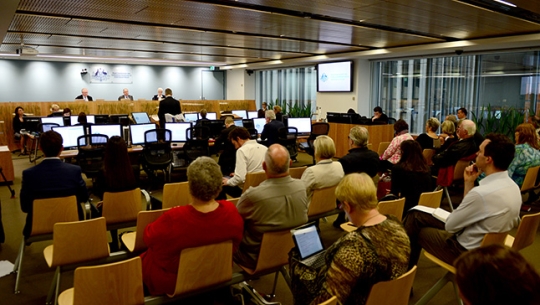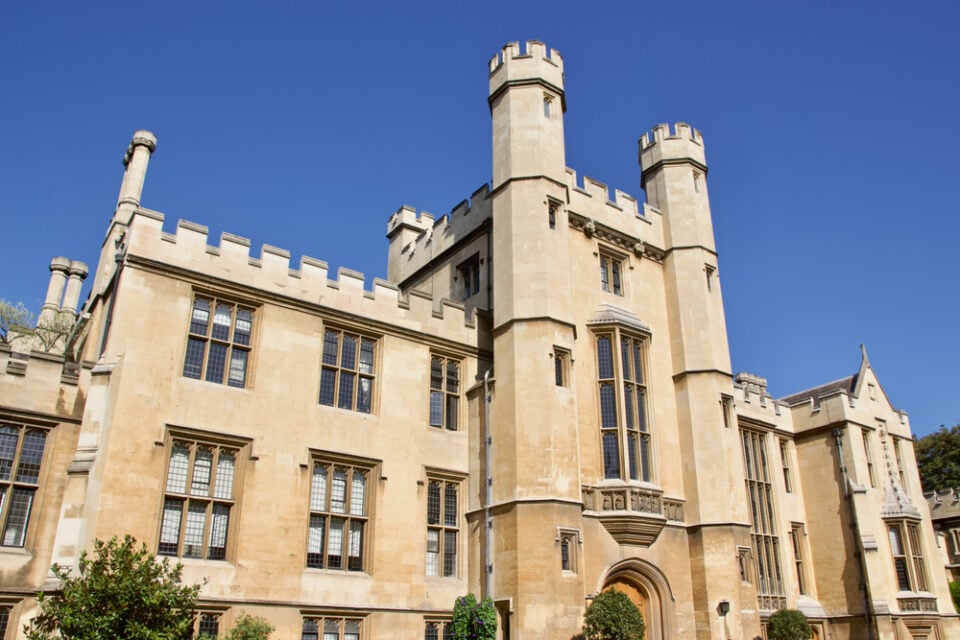Steven Smith, a child sexual abuse survivor and Survivor Advocate, calls for an overall of the processes that make him question if lessons have been learnt.
Anglican survivors have been justifiably bewildered by the decision to hold a secret hearing into the failure of Peter Hollingworth, the former Governor General and a former Brisbane Archbishop, to act on child sexual abuse.
Most of the survivors affected by Hollingworth’s behaviour were not even notified that the hearing was taking place and, I have to say, as a survivor who has spent more than 50 years fighting for justice, I find it very difficult to accept that the Anglican Church of Australia is entirely serious about representing the best interests of abuse survivors.
At the very least, the Hollingworth case, along with other recent decisions, sends the message to survivors of child sexual abuse that their interests are still not at the forefront of the decision-making process within the Church.
Survivors in the Grafton Diocese, for example, have had their noses rubbed in it by a 2017 Appellate Tribunal finding, that reversed the deposition from Holy Orders of Bishop Keith Slater, who failed dismally to handle claims of abuse at the North Coast Children’s Home in Lismore. That decision was based upon the claim that because Slater had resigned, the Professional Standards Board had no authority to depose him.
Survivors would be equally traumatised by the fact that Slater still represents himself as a bishop and has been invited to appear as guest speaker at functions by several Anglican organisations in the Grafton Diocese.
This was despite damning findings in relation to Slater’s conduct by the Royal Commission into Institutional Responses to Child Sexual Abuse.
We also saw an appellate review panel overturn the February 2019 decision by the Newcastle Professional Standards Board, recommending deposing Bishop Richard Appleby from Holy Orders.
The Royal Commission was damning of Bishop Appleby’s failure to act on information regarding sexual predators in the Newcastle diocese but on appeal it was found in August 2019, that Appleby had been “denied procedural fairness”.
But the “secret hearings” into the Hollingworth matter have triggered Anglican survivors all over the country with the notion that Church is sliding back into its old ways of avoiding transparency in dealing with the horrors of child sexual abuse.
What else are we to conclude? We have a process that after more than five years, still hasn’t managed to reach a decision and is now shrouded in secrecy.
We have a process that can totally disregard the very clear findings of the Royal Commission in the Slater and Appleby matters.
And we have a process, of course, which for a very long time never considered “procedural fairness” for abuse victims.
Survivors, many of whom have spent a lifetime fighting for justice while also dealing with the aftermath of trauma, have suffered terribly at the hands of a Church which displayed a callous indifference to their plight. They are entitled to be concerned at the current state of play.
What we need now is effective and decisive Leadership.
We need an immediate refocusing on the wellbeing of survivors.
We need a thorough review of the disciplinary process within the Anglican Church.
Survivors, and indeed the general public, have a right to expect that the Church is serious about its efforts to combat Child Sexual Abuse, and is serious in its efforts to discipline perpetrators and their enablers.
The Anglican Church is an organisation that does much good in the community but is struggling to regain the trust that is so vital to its continued ability to do that work.
It is time for the Anglican Church of Australia to have a good hard look at its disciplinary process, to centralise the process so dioceses can’t pass the buck, and for that process to be entirely open and transparent – a uniform national open approach to disciplinary procedures.
Above all, it is time the Anglican Church placed the care of survivors at the very centre of their mission.






